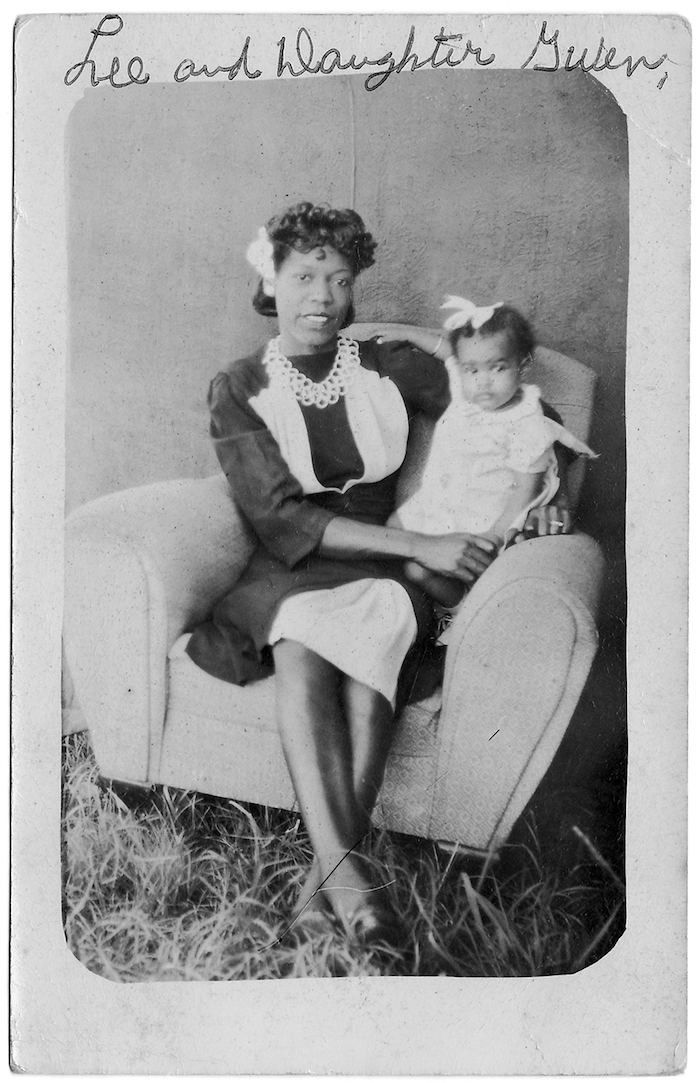Growing up in the Deep South I witnessed everywhere around me the metaphors meant to maintain a collective narrative about its people and history—defining social place and hierarchy through a matrix of selective memory, willed forgetting, and racial determinism. With the defeat of the Confederacy, wrote Robert Penn Warren, “the Solid South was born”—a “City of the Soul” rendered guiltless by the forces of history. “By the Great Alibi,” he continues, “the South explains, condones and transmutes everything… any common lyncher becomes a defender of the Southern tradition…. pellagra, hookworm, and illiteracy are all explained, or explained away…. By the Great Alibi the Southerner makes his Big Medicine. He turns defeat into victory, defects into virtues. . . . And the most painful and costly consequences of the Great Alibi are found, of course, in connection with race.”
Because it was a society based on the myths of innate racial difference, a hierarchy based on notions of supremacy—white superiority and its conjoined twin black inferiority—the language used to articulate that thinking was rooted in the unique experience of white southerners. The role of metaphor is not only to describe our experience of reality; metaphor also shapes how we perceive reality. Thus, in the century following the war, the South—in the white mind of the South—became deeply entrenched in the idea of a noble and romantic past. It was moonlight and magnolias, chivalry and paternalism. The blacks living within her borders, when they were good, were “children” to be guided, looked after, protected from their own folly, “mules” of the earth, “darkies” with the “light of service” in their hearts. When they stepped out of line, they were “bad niggers” from whom white women—carriers of the pure bloodline—needed to be protected; they were animals to be husbanded into a prison system modeled on the plantation system—or worse, strange fruit hanging from the poplar trees. On the monumental landscape, in textbooks, they were unstoried but for the stories told about them. In my twelfth grade history book they were “singing and happy in the quarters,” “better off under a master’s care.” According to my teacher, they were “passive recipients of white benevolence” who’d “never fought for their own freedom”—even as nearly two hundred thousand fought in the Civil War.
And when they seemed exceptional in the mind of the South, they were magical: You’re smart for a black girl, pretty for a black girl, articulate—not like the rest of them . . .
Through the misuses of history, the creation of “hallowed” falsehoods, as historian John Hope Franklin pointed out, the white South found “the intellectual justification for its determination not to yield on many important points, especially in its treatment of the Negro.”
